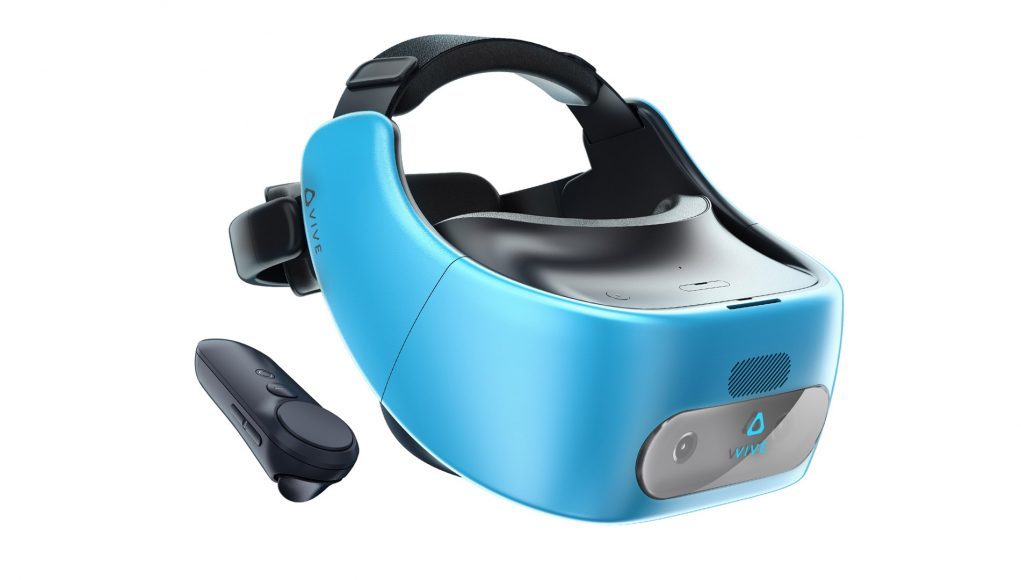HTC revealed their new standalone Vive Focus headset today, poised to launch into the Asian market. Earlier this year the device was teased to be heading to Western markets as part of Google’s Daydream platform in 2017, but now HTC confirms they’ve canceled those plans.
The Vive Focus headset was actually first announced for the Western market back at Google I/O 2017 in Q2. Though it was unnamed at the time, it was said that the headset would make its debut as part of Google’s Daydream platform. Later in 2017, HTC announced that the same standalone headset would also launch in Asian markets except it would draw content from the company’s own Viveport platform.
Today, following the announcement of the Vive Focus for Asian markets, HTC has confirmed to Road to VR that it has canceled plans to bring the Daydream version of the headset to the US and other Western markets.
“We still have a great relationship with Google, but will not be bringing a standalone device to Western markets on Daydream,” a spokesperson for the company tells us. “We’re looking closely at our hardware roadmap, and will share when there is more to come for Western users next year.”
Google’s VP of VR and AR, Clay Bavor, mirrored the message on Twitter. However, Bavor confirmed that the Lenovo Daydream headset, which was announced earlier this year alongside the Daydream version of the Vive Focus headset, is still in the works and seemingly on track for a launch in 2017.
Have been using and loving my pre-release @Lenovo standalone headset, running Daydream. More soon. Can’t wait for you to try it. pic.twitter.com/lwb6PCG4tD
— Clay Bavor (@claybavor) November 14, 2017
The cancellation of the Western variant of the Vive Focus comes off as a rather sudden reversal, and seemingly strange timing as the headset was due to launch in the next few weeks. HTC has offered little detail on what prompted the change in strategy, but it seems that competition from its closest rival, Oculus, may be part of the equation.
In October Oculus announced a low cost standalone headset, the Oculus Go, priced at $200 and due to launch early next year. The company also demonstrated a more advanced standalone headset, the Oculus Santa Cruz Prototype II which features inside-out positional tracking and motion controllers.
Meanwhile, HTC is still battling financial difficulties spanning the last several years. Though their Vive division appears to be a bright spot in an otherwise cash-strapped company, the VR market is still small compared to the their overall business. The troubles prompted HTC to sell off some talent and IP to Google for $1.1 billion earlier this year.


 , Oculus Is Fending off Old Enemies, Former Friends, and New Foes
, Oculus Is Fending off Old Enemies, Former Friends, and New Foes




